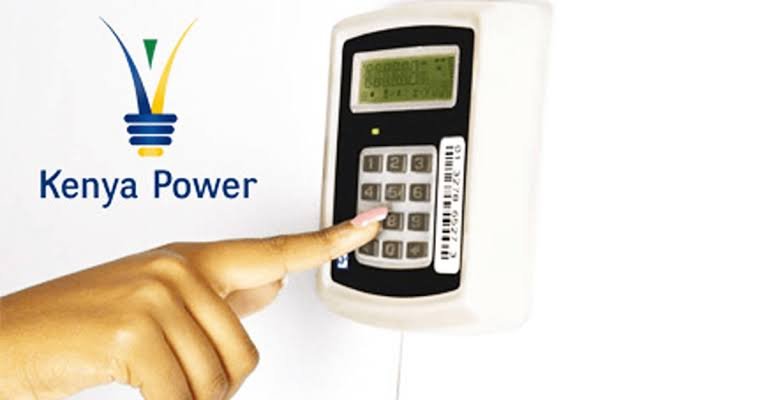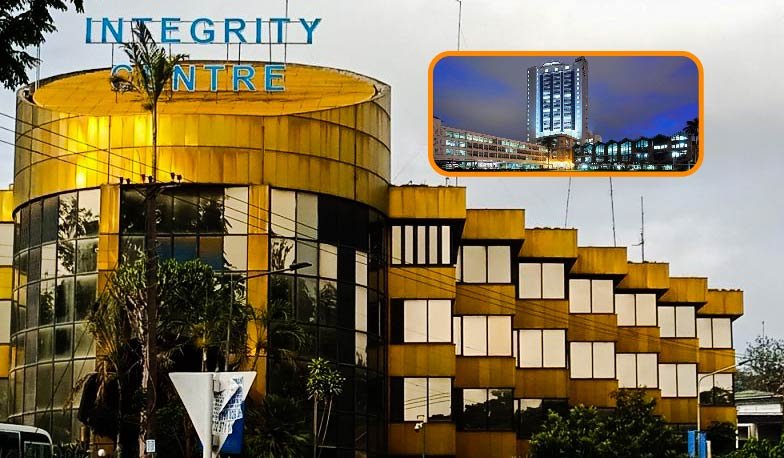Kenya Power initiates a Smart Meter project to counter power cartels and calls for local meter manufacturers to supply over 200,000 Smart Meters.
The power supplier seeks to enforce the “Bottom Up Economic Transformation Agenda” while expressing concerns over budget cuts affecting last mile connectivity.
Kenya Power has launched a significant nationwide effort to combat power cartels by introducing Smart Meters across the country. In response to recent legal challenges in meter tendering, the power supplier, KPLC, has invited qualified bidders to provide Smart Meters for Kenyan households. The initiative aims to strengthen the integrity of the power supply chain.
In an announcement signed by Dr. John Ngenoh, General Manager of Supply Chain at Kenya Power, the company is soliciting bids for “single-phase and three-phase Smart Meters.” To align with President William Ruto’s “Bottom Up Economic Transformation Agenda” (BETA), the procurement of Smart Meters is limited to “Local Meter Manufacturers and Assemblers.”
This strategic move is a response to power cartels that have exploited vulnerabilities in the system, leading to token siphoning and fraudulent activities. Kenya Power’s objective is to acquire and install over 200,000 Smart Meters by January 2024, a step anticipated to strengthen the power supply chain’s integrity.
The Smart Meter project is estimated to cost Ksh. 1.6 billion, accounting for currency exchange fluctuations and forex escalation. Kenya Power’s CEO and MD, Joseph Siror, expressed concerns during his appearance before the National Assembly’s Energy Committee regarding proposed budget cuts that could hinder the “last mile connectivity” initiative. Last mile connectivity is an essential program aimed at ensuring every Kenyan household has access to the power grid.
“We have seen the proposed budget cuts, and they amount to more than 10% of our budget,” Siror lamented before the committee, highlighting the potential impact on the last mile connectivity program. Kenya Power faces a potential loss of Ksh. 4.9 billion in last mile connectivity due to these proposed budget cuts.





